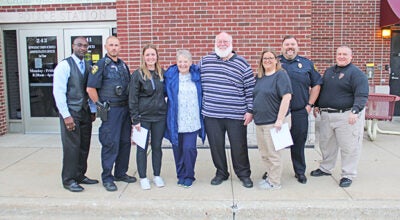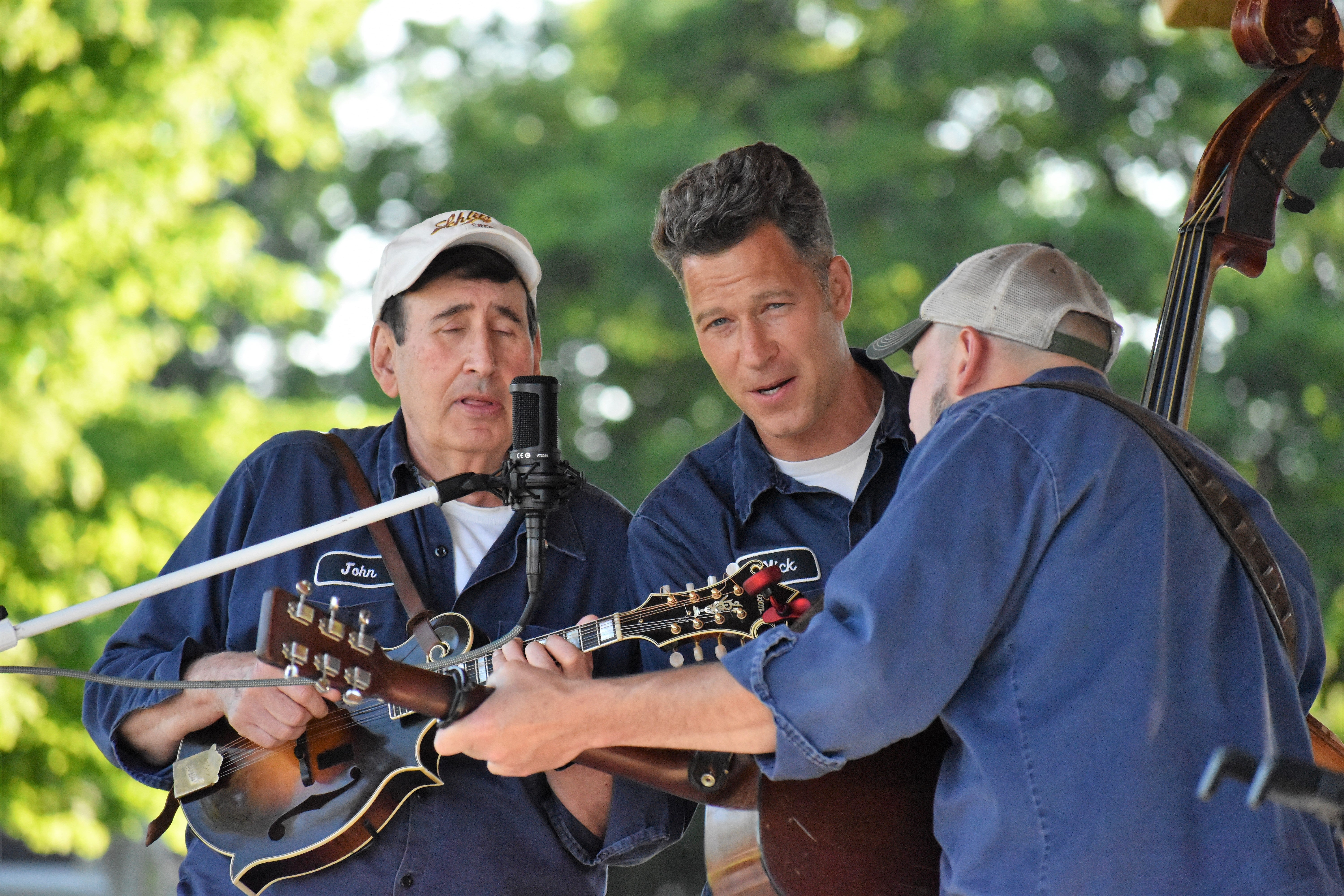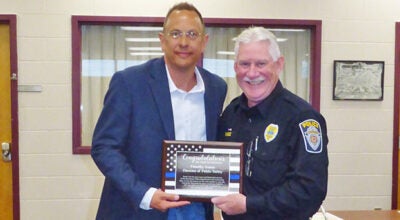Juvenile detention center sees rise in female numbers
Published 4:20 pm Sunday, June 24, 2012
ST. JOSEPH — Crime is becoming an equal opportunity profession, with girls sometimes outnumbering boys at Berrien County Juvenile Center.
Of 120 screened, 80 (67 percent) were male, 40 (33 percent) were female.
“That represents a huge spike for us,” Director Rich Dama said. “About a month ago, we actually had more females than males in detention. It’s a trend we’re seeing not only in our facility, but across what I call the industry.”
Of 13 in detention Wednesday night, eight were males, five females.
“That is as low as we’ve been in the last four months,” he said. “We have had up to 33 youngsters with 16 beds in detention and eight on alternative detention, which means renting bed space in other facilities around the state. It’s been an unbelievably busy year for us up to this point and unusual around the state. (Other) juvenile facilities are shutting down units because they are operating at a fraction of capacity. The only other facility in the state I know of operating at capacity like we are is Wayne County (Detroit), which has 1,600 beds.”
Dama reported to the Board of Commissioners Administration Committee Thursday that 120 youths have been screened for detention this year.
There have been 33 law enforcement referrals, with 15, or 46 percent, accepted and 16, or 49 percent, rejected. Parent petitions referred the other two.
There have been 34 court-ordered youth to date and 53 “J5s,” the juvenile equivalent of an arrest warrant.
“The vast majority have gone through court and violate probation,” Dama said.
Parenting with Love and Limits
Eighteen months ago BCJC contracted with Dr. John Wells and Sarah Frey for Parenting with Love and Limits-Reintegration (PLL), an evidence-based family education, skill-building and therapeutic intervention model for demonstrated evidence in significantly reducing aggressive behaviors, depression, attention deficit disorder and substance abuse while reducing recidivism and improving family communication.
PLL targets specific risk factors related to delinquency and emotional and behavioral problems and is recognized as a model program by the Office of Juvenile Justice and Delinquency Prevention.
“If we deal with their issues, then send them back to the same dysfunctional social unit that enabled problems, we’re going to see them again,” Wells said.
Parents and teens attend six multifamily group classes one evening a week for six weeks. PLL starts about a month after a youth enters the program to give “beat-down” parents a respite before delving into such topics as understanding why teens misbehave and push their buttons.
“When parents get red-hot, they resort to poor parenting skills like yelling or lecturing,” Wells said. “We try to get parents to use behavioral consequence skills for extreme behavior which makes them feel hopeless. Youth buy in a lot more when parents are involved. They want stability and for their parents to step up.”
PLL served 44 youth and their families since November 2010, with 71 percent successfully completing. Twenty-three graduated, 11 remain involved, seven were discharged and two dropped out, with average treatment duration of 268 days.
Garden project grows during second year
Two plots, 60-by-40 feet in front and 80-by-40 feet in back yielded so much produce with donated plants and materials that BCJC donated to Emergency Shelter Services, Benton Harbor Soup Kitchen and Men’s Shelter and The Link Women’s Safe Shelter.
It was overseen in 2011 by Master Gardener Mark VanTil and Niles Community Garden Project with Supervisor Kurt Struss and Youth Specialist Calisa Young. The only cost was $100 for an electric fence.
This summer, Niles Community Garden Project continues to be a strong partner, donating all plants and seeds. With a third garden plot and herb garden for salsa, Master Gardener Callie Welch has joined.






